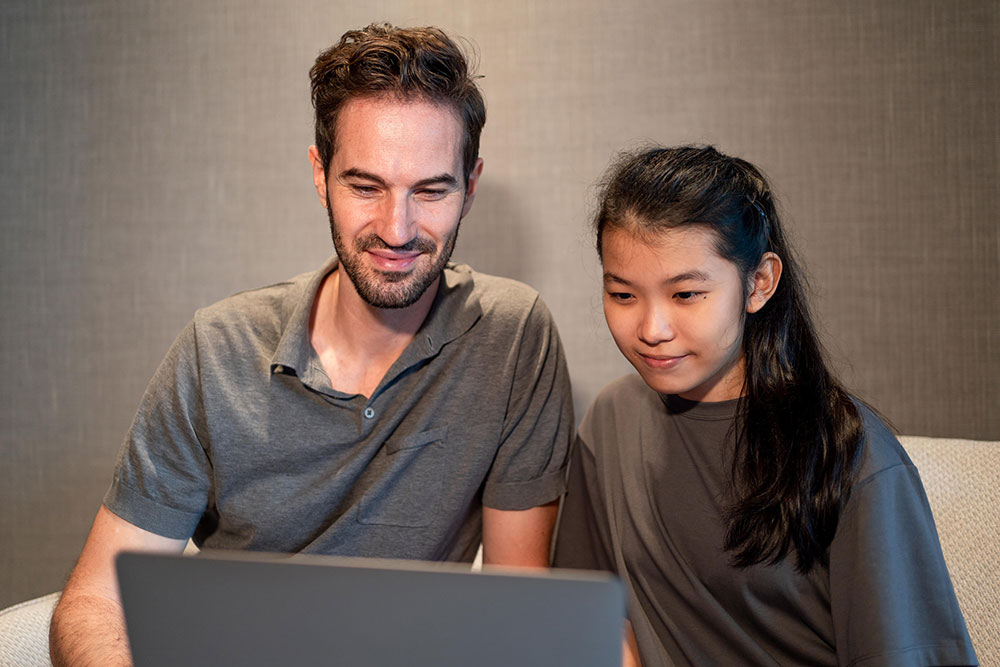
Fostering resilience in our children
What can parents do:
Develop a strong positive relationship with our children
This can be done by providing clear and consistent warmth, care and support to our children in response to their specific needs from a young age. We can also schedule time to engage in activities of interest with each individual child. The parent-child relationship also serves as a foundation for children to listen and learn from parents.
Model how we cope with stress
We need to be aware of our own personal experiences, stress levels and coping styles. Children are quick to pick up slight changes to our verbal and non-verbal responses. They can learn helpful ways of coping with stress through observation. If we were not able to manage the stress well, share with our children what we could do to manage it better the next time.
Validate our children’s emotional experiences
Although we may not personally agree with it, reflect to our children how they are feeling. Refrain from wanting to correct or instruct immediately by not using the word “but”, instead continue with “because” to demonstrate understanding of the reason behind the emotion. If we do not know the full details of the event, we can guess based on possible good intentions. Validation also helps our children identify and describe their emotions, which is an important part of learning to manage their emotions independently.
Try to avoid:
-You are feeling sad but why should you when you are given everything you need.
-I know you are angry but this is such a small matter. Try more of:
-I can see how that might make you feel sad because maybe you want to keep this friendship.
-It makes sense that you’re feeling angry because I imagine you really wanted this to work out.
If this is the first time you are communicating in this way with your children, you may feel uncomfortable or receive negative responses from them. However, it will likely become easier if you continue to persevere.
Support our children in meeting emotional needs
Always ensure that we validate first before asking our children what they need to help cope or regulate their emotions. Some examples are physical comfort or space, finding new meaning in their difficulties and focusing on their strengths.
- Support with problem solving
Parenting is challenging and we may also still be in the process of learning how to cope with our own
stress. Do remember to take care of ourselves and not view it as a failure if we did not manage to
get it right the first time.